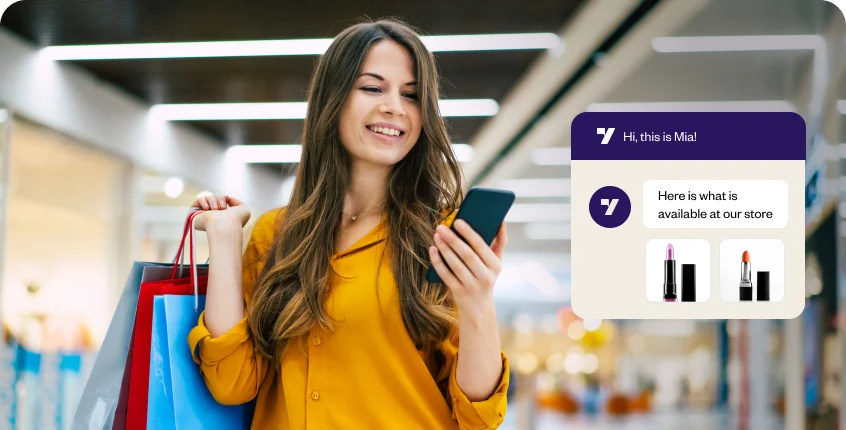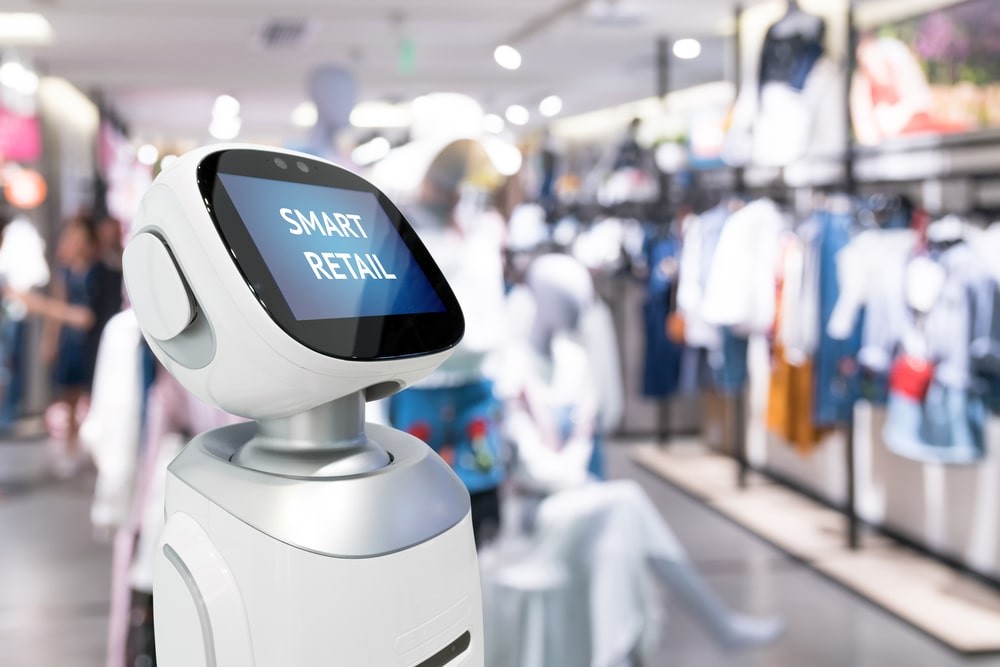Atlanta, a city where Southern charm meets modern innovation, has always had its own distinct style. From the bustling streets of Midtown to the high-end boutiques in Buckhead, fashion here is a mix of tradition and cutting-edge trends. But as technology continues to reshape every industry, even the personalized world of fashion is seeing disruption. AI stylist subscriptions are gaining traction, and many Atlantans are wondering if these services can truly replace traditional personal shoppers. Here’s a closer look at the rise of AI stylists and whether they can meet the unique needs of Atlanta’s fashion-conscious clientele.
What Are AI Stylists?
AI stylists are digital platforms or apps powered by artificial intelligence and machine learning algorithms. These services gather information about your style preferences, sizes, and body type to curate clothing recommendations tailored to you. Services like Stitch Fix and The Yes have become popular names in this space, offering both convenience and affordability.
The idea is simple and enticing: instead of spending hours shopping or booking a session with a personal shopper, you can get outfit suggestions or delivered pieces, all at the click of a button.
Benefits of AI Stylists

- Convenience at Your Fingertips
AI stylist services thrive on accessibility. For busy Atlantans juggling meetings in Downtown’s corporate core or planning weekends exploring Ponce City Market, these platforms save precious time. With a few taps, you receive curated options that eliminate the hassle of searching for hours.
- Affordability
Compared to hiring a personal shopper, which can cost hundreds per session, AI stylists are much more budget-friendly. Subscriptions range from low flat fees to absolutely free in some cases, making them appealing to a wider audience.
- Data-Driven Precision
AI stylists excel at using data for personalization. Over time, these platforms learn from your feedback, honing their suggestions based on past orders and preferences. For example, if vibrant prints or tailored silhouettes dominate your wardrobe, the service ensures those remain a staple in your recommendations.
Limitations of AI Stylists
- Lack of Human Intuition
While AI is great at analyzing data, it lacks the personal touch and intuition of a seasoned stylist. A professional personal shopper in Atlanta, familiar with your lifestyle and the city’s unique fashion aesthetics, can offer insights that an algorithm can’t. Traditional stylists also excel at understanding non-verbal cues, like your hesitation toward bold trends, while AI may struggle to register nuance.
- Limited Local Flavor
Atlanta’s fashion preferences are deeply rooted in its culture, balancing tradition with innovation. AI platforms often lack the ability to fully capture this blend. While a personal shopper can introduce you to small, local boutiques in the Westside Provisions District or recommend statement pieces from Atlanta-based designers, AI relies on large-scale retail data, which can feel impersonal.
- Missing Emotional Connection
Shopping is more than just buying clothes; it’s an emotional experience. The guidance and camaraderie from a personal shopper often make the process memorable, particularly when preparing for big events like galas or weddings. AI stylist services may lack this human connection, making the experience feel transactional.
The Final Verdict
While AI stylists offer undeniable convenience and efficiency, they cannot yet match the nuanced expertise and emotional connection provided by a professional personal shopper. For Atlantans who value individuality, exploring unique designs, and curating a wardrobe that reflects the city’s culture, traditional personal shopping still holds a special place.
That said, AI stylists are a fantastic supplement, especially for time-strapped residents seeking quick, reliable everyday options. The future might see hybrid models where AI aids personal shoppers or vice versa. For now, Atlanta’s style enthusiasts may find that the best approach is balancing technology with tradition to make fashion more accessible and meaningful.


